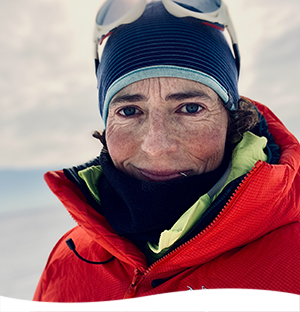Natural habitats in the Piikani Nation are vulnerable to climate impacts, which will exacerbate already stressed environments due to changes in water flow from external dams, overgrazing of traditional lands, and western farming practices. Increasing climate resilience will strengthen Piikani’s culture and autonomy and result in decreased dependency on external agencies. Seeded with traditional plants, the Piikani reserve will begin its journey to resilience.
This initiative supports community member participation in strategies that build momentum, skills, and capacity to further develop and implement plans to address climate impacts from multiple synergistic approaches.
This project will benefit all Nation members – those living on the Piikani Nation reserve in southern Alberta, a First Nation reserve of approximately 3,600 people, as well as other Indigenous communities throughout North America, their partners, and allies.
Through this project, we aim to develop a sustainable and flourishing ecosystem encompassing secure water, energy, and food scenarios. This initiative exemplifies active reconciliation with Indigenous Peoples and how trusted partnerships can strengthen capacity to advance climate goals at the local and global level. At a local level, activities promote hands-on learning that are resulting in community readiness for land restoration and increased biodiversity.

As part of this initiative, our work includes:



